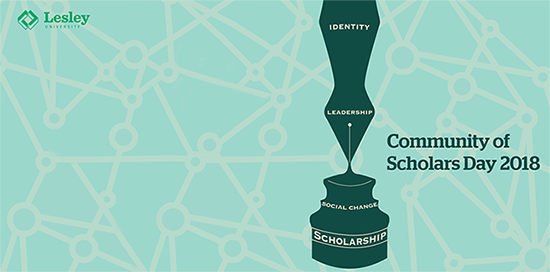Abstract
Abstract
Educators, policy makers and scholars in the field of education across the country are engaging in conversations about the importance of effective support in schools for female survivors of sexual assault. The purpose of this conference submission is to present a workshop of current school approaches to students overcoming sexual trauma.
According to Gresham (2007), students who present with academic and behavioral challenges (including girls traumatized by sexual assault) have historically been referred to Special Education programming within the school without actually addressing their needs. According to Chafouleas, Johnson, Overstreet, and Santos (2016) “...contemporary school-based efforts have moved away from these reactive approaches towards prevention-oriented models…in which data are routinely used to identify problems early and monitor response to increasingly intensive services to address needs” (p. 5). Currently, there is a limited amount of literature available on sexual trauma and how it impacts academic achievement of adolescent girls (Chafouleaus et al., 2016). There is, however, a larger body of literature on how sexual trauma impacts physical and physiological responses in adolescent girls (Cook, Spinazzola & van der Kolk, 2003; Grasso, Greene and Ford, 2014). There is also a growing body of literature on how discipline is handled in schools and in the juvenile justice system (Williams, Karlin and Wallace, 2012; Crable, 2013; Saar et al,).
My goal for this Community of Scholars conference workshop is to begin opening dialogue about how educators be more intentional about identifying girls in schools who have may present as having experienced sexual trauma and how to create a culture of advocacy in schools about the issue.
Start Date
28-3-2018 6:40 PM
End Date
28-3-2018 7:00 PM
Presentation Type
Paper
Disciplines
Education | Other Education
Full Text of Presentation
wf_yes
Included in
The Impact of Trauma on Development and What Educators Do About It
U-Hall 3-100
Abstract
Educators, policy makers and scholars in the field of education across the country are engaging in conversations about the importance of effective support in schools for female survivors of sexual assault. The purpose of this conference submission is to present a workshop of current school approaches to students overcoming sexual trauma.
According to Gresham (2007), students who present with academic and behavioral challenges (including girls traumatized by sexual assault) have historically been referred to Special Education programming within the school without actually addressing their needs. According to Chafouleas, Johnson, Overstreet, and Santos (2016) “...contemporary school-based efforts have moved away from these reactive approaches towards prevention-oriented models…in which data are routinely used to identify problems early and monitor response to increasingly intensive services to address needs” (p. 5). Currently, there is a limited amount of literature available on sexual trauma and how it impacts academic achievement of adolescent girls (Chafouleaus et al., 2016). There is, however, a larger body of literature on how sexual trauma impacts physical and physiological responses in adolescent girls (Cook, Spinazzola & van der Kolk, 2003; Grasso, Greene and Ford, 2014). There is also a growing body of literature on how discipline is handled in schools and in the juvenile justice system (Williams, Karlin and Wallace, 2012; Crable, 2013; Saar et al,).
My goal for this Community of Scholars conference workshop is to begin opening dialogue about how educators be more intentional about identifying girls in schools who have may present as having experienced sexual trauma and how to create a culture of advocacy in schools about the issue.



